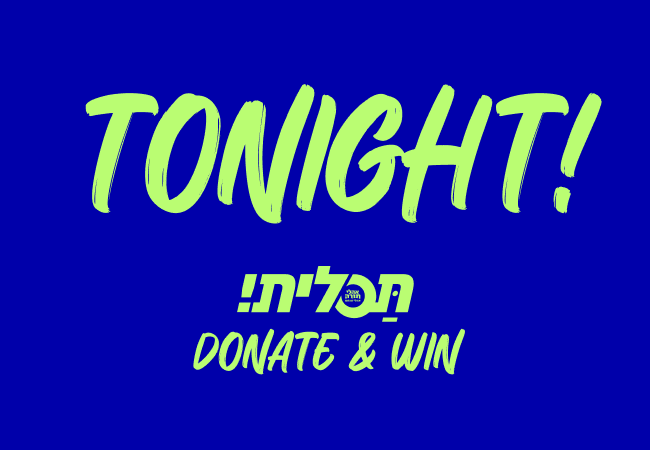The following was published as the “Thought of the Week” in a local newspaper in Bellevue, Tennessee by the local shliach Rabbi Yitzchok Tiechtel in honor of Pesach
Are you free?
You drive the car of your choice, you live in the home of your dreams, you are constantly praised by those around you, and you work when you want to … but are you really free?
This week, beginning today, Jewish people all over the world will be celebrating Passover. This Passover will mark 3,320 years since the liberation of the Hebrews from our bondage in Egypt. The essence of this holiday is a celebration of freedom.
During Passover, Take a Step Toward your Personal Exodus
The following was published as the “Thought of the Week” in a local newspaper in Bellevue, Tennessee by the local shliach Rabbi Yitzchok Tiechtel in honor of Pesach
Are you free?
You drive the car of your choice, you live in the home of your dreams, you are constantly praised by those around you, and you work when you want to … but are you really free?
This week, beginning today, Jewish people all over the world will be celebrating Passover. This Passover will mark 3,320 years since the liberation of the Hebrews from our bondage in Egypt. The essence of this holiday is a celebration of freedom.
At first glance, it seems kind of strange to be celebrating this event over 3,000 years after its occurrence, especially since the trials and tribulations of freedom vs. bondage have been an ongoing struggle ever since. Yet, this story happens to be the one that is highlighted in the Ten Commandments, and arguably the most important event in biblical history.
The Kabbalah and the esoteric teachings of Chassidus reveal that the story of the Exodus from Egypt reaches far deeper than what first meets the eye.
The Hebrew word for Egypt, “Mitzrayim,” is rooted in the word “meitzar,” which means boundaries, limits or restrictions. “Egypt,” in this context, represents all forms of constraints and confinements: psychological, emotional and spiritual. Any trap, any enemy from within or from without that inhibits our free expression is a form of slavery.
The Exodus from this ‘Egypt’ — our personal limitations — defines our life: the ability to free ourselves from our confines and traps. The need to do so always exists, but the necessity is even greater in these fear-ridden, uncertain days.
Our material state and monetary worth proves not our freedom. One can have everything, yet be enslaved at the same time.
Freedom is achieved by first recognizing the places in our lives where we are slaves, and then working to free ourselves from our bondage. Are we a slave to our ego? Are our jobs taking priority over our family lives?
Passover speaks soul
Every year at this time a new light enters our universe, the light and power of freedom and transcendence. How do we access this energy? How do we draw from this power that frees us to transcend and illuminate our personal exile?
The secret lies in the Passover Seder. One of the most important objectives of the Seder is to connect us to our inner child. We see much emphasis placed on the children and their questions during the Seder. A child possesses an innocence un tarnished by the harsh responsibilities and emotional entanglements of adult life. At the Seder, years fall away as we nurture the inner child found within all of us, and find the power to transcend our limitations.
Meditating over the Matzah, and musing over the maror, bitter herbs, helps us reach the point of true freedom. This Passover, take one small step away from any negative energy in your life, and one giant leap toward your own personal Exodus.
















CH resident
Yes! This is what i like to hear! This nourishes the neshoma. Thank you R.Tiechtel.
cousinsss
Go Yitzchak and Esther!!!